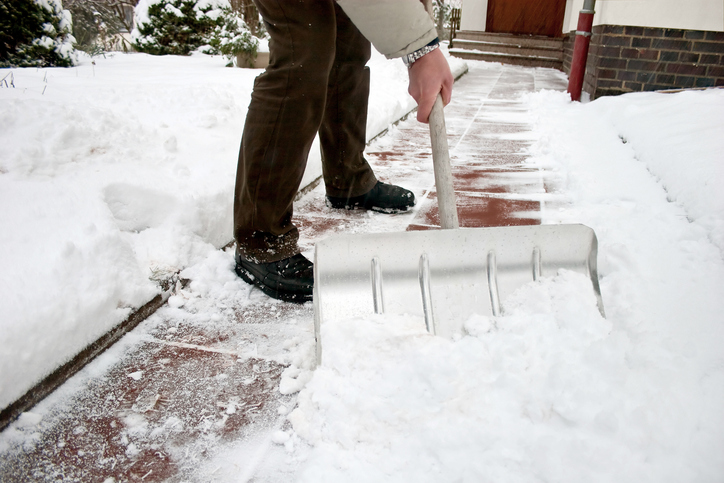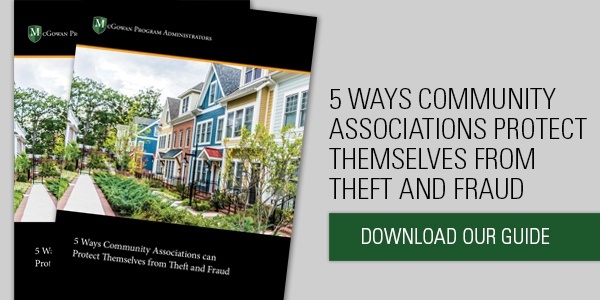As a leader of an HOA or community association, you’re not just thinking about the risks to your home and family. You’re weighing the safety of your neighbors and protecting the value of their property. That puts a whole new spin on seasonal tasks like shoveling sidewalks or getting trick-or-treaters home safely.
Most seasonal risks are obvious — chill in December and hurricanes in September — but others can be subtle. And some you might not think of at all. With that in mind, here’s a quick review of seasonal risks for HOAs and community associations:
Weather
Any time of the year, storms can bring high winds, flooding, and other threats. Make sure you have a process for securing picnic tables and chairs around pools, reporting fallen trees, and cleaning up after severe weather.
Set time aside to formulate a plan to handle these threats, and put resources in place to prevent accidents:
Winter
- Ice and snow on sidewalks, streets, and driveways
- Extreme cold bursting pipes and disabling vehicles
- Chimneys that require cleaning
- Space heaters and live Christmas trees that may be fire hazards
Spring
- Ice storms turning parking lots into skating rinks
- Heavy rains flooding streets, common areas, and basements
- Pollen or animal bites triggering allergy emergencies
Summer
- Heat exhaustion and sunburn
- Droughts, wildfires, and water shortages
- Accidents, fights, and roughhousing at the pool
Autumn
- Children returning to school
- Extremes of the hurricane season
- Dried fallen leaves could be flammable
Inspect your property a couple of times a year to make sure handrails are secure and steps haven’t decayed. When blizzards threaten, double-check your resources for salting sidewalks and plowing snow.
Events
Anything that gets people in a celebratory mood invites overconsumption of alcohol. Have a plan to deal with the inherent risks of:
- Annual festivals like Mardi Gras
- Local teams winning sports championships
- Fourth of July parties and fireworks
- Trick-or-treaters at Halloween
- Drivers scouting Christmas light displays
- Wedding receptions and family reunions at the clubhouse
Any seasonal event involving children requires extra caution. Girl Scouts selling cookies should have adult supervision, for instance.
Residents’ ages
Age compounds all seasonal risks — the youngest children might heal quickly but they’re also likely to get into the most bruising and bone-breaking mischief. Senior citizens are scrupulously careful to avoid slips that fracture hips, but sometimes they happen anyway.
Teens and young adults might be most inclined to risky behavior at the pool or park. Parents may be more frazzled and less attentive during back-to-school season and the holidays.
Data security
Keeping your community’s personal data secure is more of a year-round concern. But there might be certain times of the year when people let their guard down. And storms could disable alarms and distract people from protecting data sources.
Taking seasonal risks seriously
Seasons are for swimming, leaf raking, and dashing through the snow. They’re great for greeting cards, but they can bring grief to community association leaders if careful precautionary security and safety measures are not taken.
You can ease the stress with preparation. Set aside resources such as generators, flashlights, canned goods, fresh water, and water filters if your region is prone to weather that knocks out electrical power.
Create an emergency plan and put somebody in charge of coordinating your response. And have somebody else ready to fill in as a backup.
Of course, you can’t plan for everything. For all those storms, mishaps, and expressions of human frailty and frivolity that get out of hand, McGowan has a line of insurance programs custom-written for community associations and HOAs.
Talk to us today and let us help plug the gaps in your risk-management program.
Related articles:
How HOA Insurance Can Protect Your Community Association



